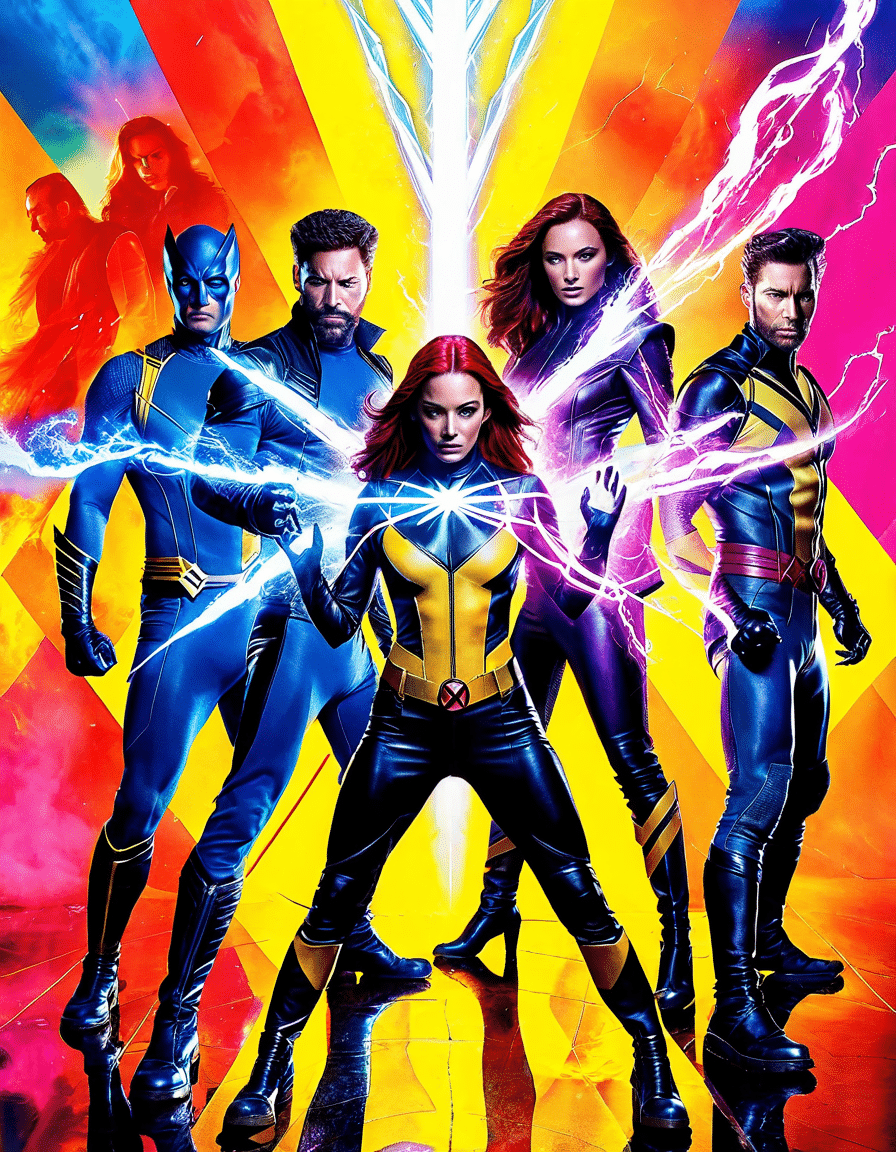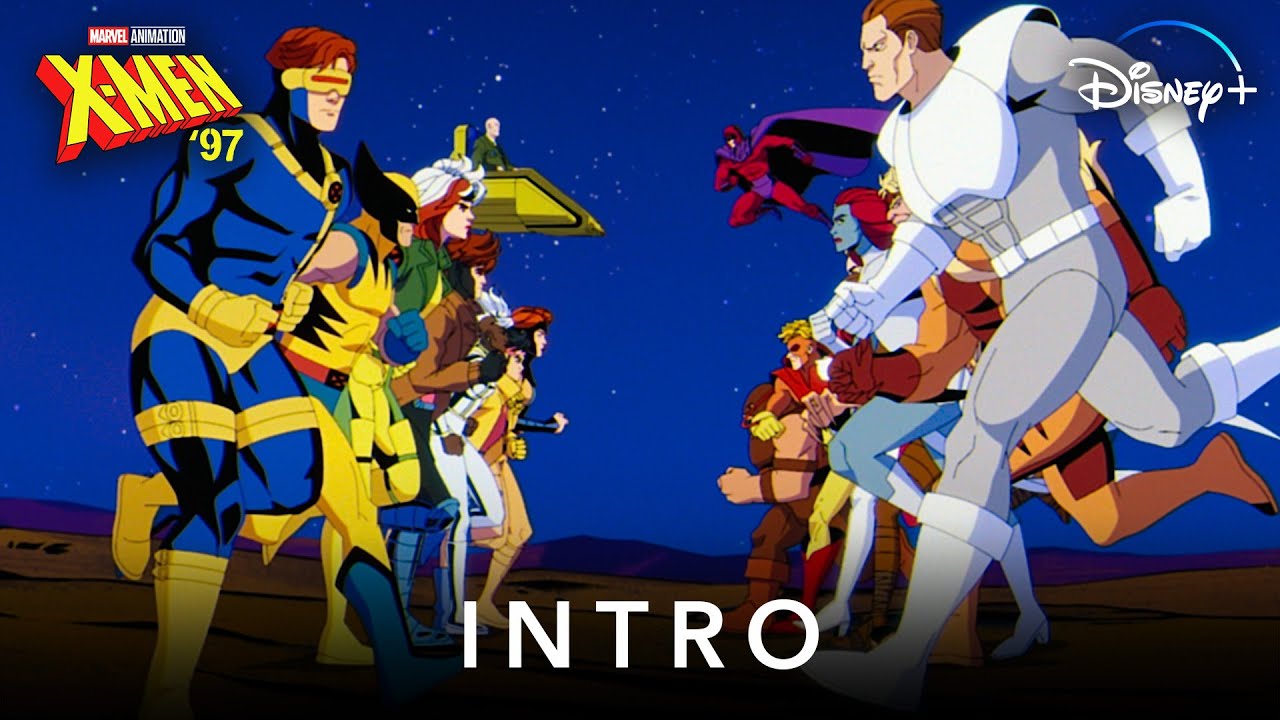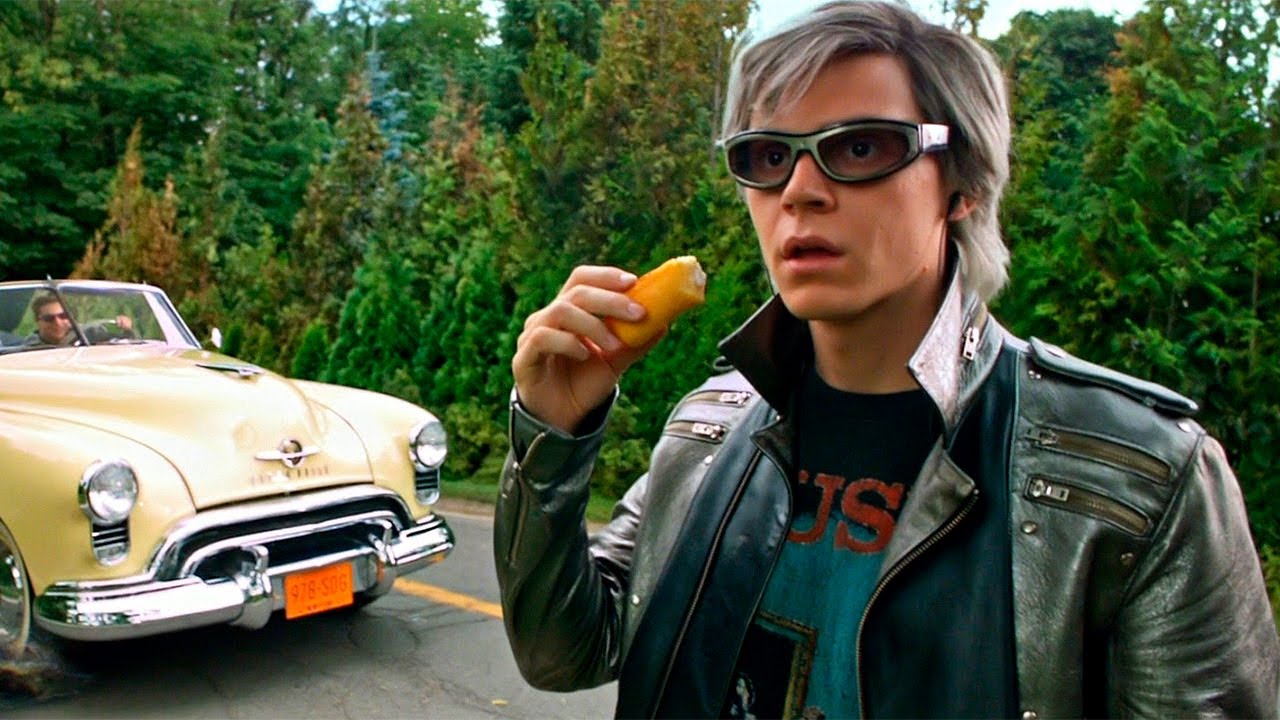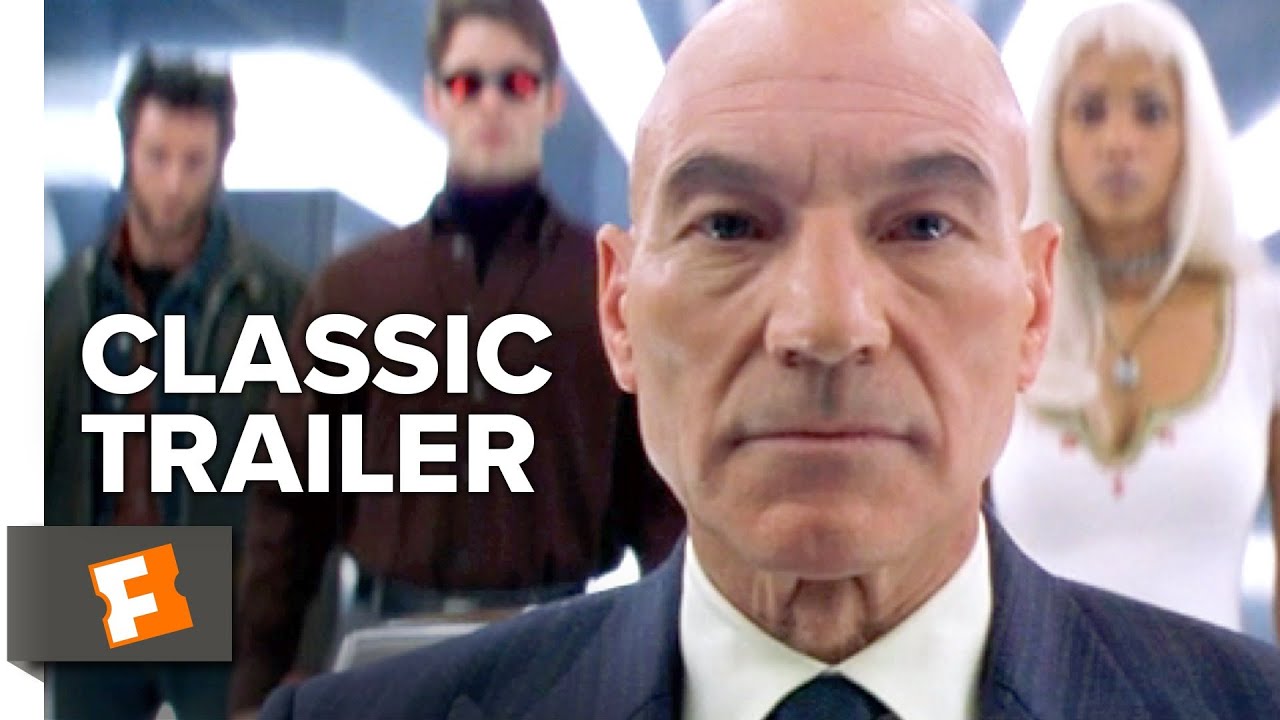In the vibrant world of comic books and blockbuster films, the X Men have established themselves as trailblazers. More than mere superheroes slinging punches against evil, the X Men tackle cultural conversations about representation, diversity, and social justice. They’ve certainly set the stage for discussions that dive deep into our own society. So, grab your popcorn because we’re about to explore the dazzling powers and impactful legacy of the X Men, paying homage to their influence both on-screen and off.
7 Powers That Define the X Men Universe
The magic of the X Men lies in their distinct abilities, each emblematic of different human experiences. Their variety not only entertains but prompts deeper reflections on identity, conflict, and societal issues. Let’s break down seven iconic powers from the X Men universe that stand out, both in storytelling and thematic significance.
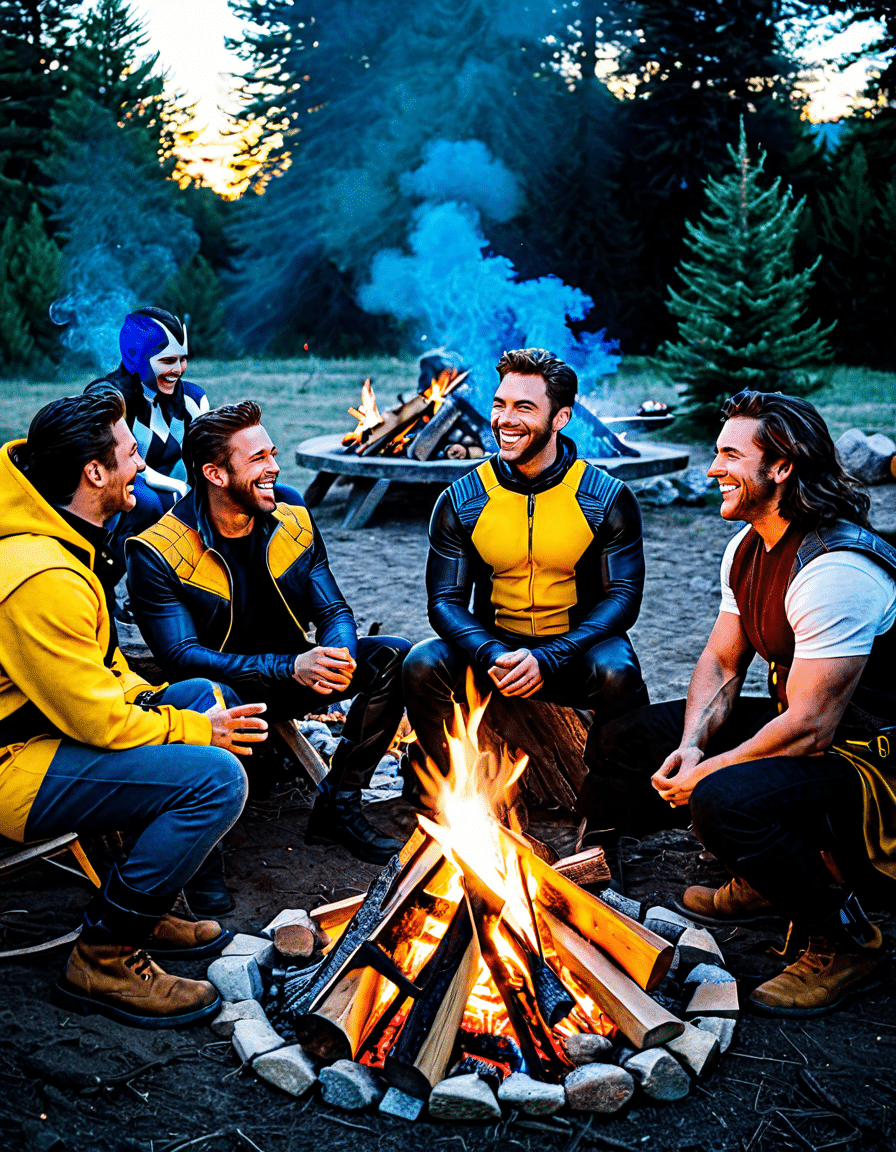
1. Telepathy: Professor X and the Weight of Leadership
Charles Xavier, known as Professor X, wields unmatched telepathic powers, allowing him to read minds and project thoughts. But let’s face it, this isn’t just a flashy skill—his power compels us to question consent and mental autonomy. Professor X often walks a fine line between mentorship and manipulation, reigniting debates about the ethics of mind control. Who knew leading a team of mutants could be this complicated?
2. Regeneration: Wolverine’s Immortal Struggle
Wolverine doesn’t just have claws; his regenerative healing factor makes him nearly invincible. However, it’s his resilience that draws us in. Wolverine embodies themes of trauma—both the physical and emotional scars he carries serve as reminders of loss and conflict. It’s profound how his unending fight reflects broader struggles many of us face today, isn’t it?
3. Telekinesis: Jean Grey and the Dangers of Raw Power
Jean Grey, particularly in her Phoenix form, showcases telekinesis that’s both awe-inspiring and terrifying. Her ability to manipulate physical reality brings a whirlwind of chaos and beauty that reminds us power can be a double-edged sword. Jean’s transformation from a vulnerable character to a cosmic being beautifully illustrates the thin line between heroism and villainy, doesn’t it?
4. Shape-shifting: Mystique and Identity Politics
Enter Mystique, whose shape-shifting powers take center stage as she embodies the nuances of identity. Her ability to adapt can spark profound discussions about acceptance and self-identity—issues that echo in discussions of gender and race. Mystique serves as a metaphor for those who grapple with their sense of belonging in society. The complexities of her character prompt reflection: Is she a hero, a villain, or both?
5. Control Over Weather: Storm as a Natural Leader
Storm, or Ororo Munroe, controls the forces of nature with grace and determination. Beyond her formidable powers lies her role as a leader, embodying the intersection of nature, power, and responsibility. As one of the first major black superheroes in comics, she has also paved the way for greater representation, igniting dialogues on race and leadership throughout the superhero canon.
6. Time Manipulation: Bishop’s Burden
Bishop’s ability to manipulate time alongside his unique energy absorption power brings forth heavier philosophical themes. His powers speak of responsibility and the consequences of one’s choices, aligning perfectly with the dystopian narratives woven into many X Men stories. It raises thrilling questions about fate and free will: Are we truly in control of our destinies?
7. Phasing: Kitty Pryde and Navigating Transitions
Kitty Pryde’s phasing power allows her to pass through solid objects, a fantastic metaphor for navigating societal barriers. Her experience with shifting through various realities reflects the complexities of life transitions, especially for those in marginalized communities. Kitty’s character journey serves as an inspiring tale for anyone trying to break free from constraining norms.
The Cultural Legacy of the X Men
The X Men transcend the boundaries of mere entertainment; they serve as cultural beacons, shedding light on societal challenges. Created by Stan Lee and Jack Kirby in 1963, the narrative of mutants as outcasts has run parallel to the Civil Rights Movement. Themes of prejudice and the quest for acceptance resonate deeply, bridging generations and encouraging discussions about equality.
One of the franchise’s standout moments sprang from X Men: First Class in 2011. This film brilliantly reexamined origins against a Cold War backdrop, sparking dialogues on identity and morality. It reinvigorated interest in the X Men and allowed audiences to grapple with the complexities of leadership—not just for mutants, but also within our own global conversations.
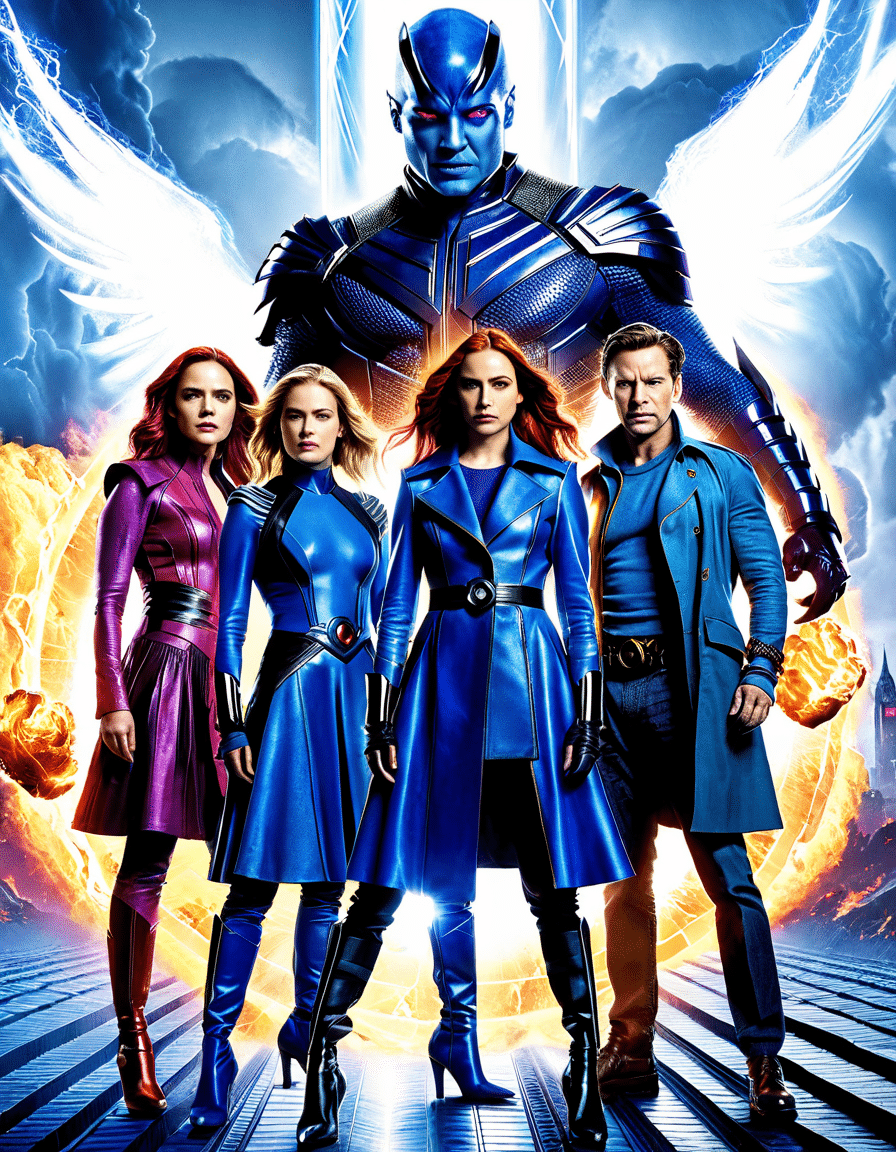
The Modern Influence of the X Men
As we glide into the latter part of the 2020s, the legacy of the X Men never seems to wane. Their influence remains ever-present, appearing in a variety of media—from darker-themed TV adaptations to discussions about emotional healing in superhero narratives. The X Men continue to break ground, ensuring that their stories reflect the challenges of mental health and societal resilience.
Their motivations and powers serve as mirrors to our identity struggles and community dynamics, particularly during turbulent times. As we move forward, it’s fascinating to consider how the X Men will adapt to reflect the evolving nature of society. Their legacies and engagements will undoubtedly remain relevant, illuminating what it means to be a mutant—both on-screen and in real life.
The journey of the X Men is a living testament to their extraordinary impact. From Professor X’s moral dilemmas to Kitty Pryde’s battles with identity, the X Men evoke emotions that resonate long after the credits roll. As we ponder their futures, we’re reminded that, ultimately, the X Men speak not just to our unique powers but also to the legacies we build and the communities we foster.
Now, that’s quite a hero’s tale, don’t you think?
X Men: Trivia and Fun Facts
Powers and Origins
Did you know that “X Men” debuted in 1963, created by Stan Lee and Jack Kirby? This iconic comic series introduced a whole new breed of superheroes who grappled not just with their powers but with society’s perception of them. In fact, many fans argue that the “X Men” serve as a compelling metaphor for real-world issues like discrimination and acceptance, making their legacy resonate deeply. Speaking of metaphors, the film The Lost city cleverly plays with the idea of heroes in unexpected places, similar to how mutants often find themselves between worlds.
Powers That Be
Within the “X Men,” each character embodies unique abilities that reflect their personalities or experiences. For example, Storm, who controls the weather, is one of the most powerful mutants and has even led the “X Men” team through tough times. Interestingly, if you’re curious about the behind-the-scenes work of actors in dramatic roles, you might explore what it takes to land an Academy Award For Best supporting actress. Such dedication mirrors the commitment required by “X Men” actors to portray their superhero roles convincingly.
Cultural Impact
The cultural impact of the “X Men” isn’t just felt in comics and films; it extends into various sectors of entertainment. For instance, the franchise’s themes and characters have influenced fashion, toys, and even candy, like Warheads Candy, which playfully appeals to the youth culture often represented in superhero narratives. Just as these flavors surprise and excite the palate, the “X Men” characters continue to captivate audiences with their evolution over time, reflecting society’s shifting values. And if you’re into the latest TV drama, don’t miss the Power Book 2 Episodes, where multifaceted characters face moral dilemmas reminiscent of the struggles found in “X Men.
The legacy of “X Men” extends far beyond traditional superhero territory. Characters like Mystique and Wolverine have sparked discussions on identity and belonging. Plus, some actors behind these roles, much like Marlon Wayans in his movies, have become household names, illustrating the blend of fame and artistry in the industry. It’s fascinating to think how figures like Giselle Lynette inspire audiences, just as the “X Men” inspire each other, proving that in any universe, teamwork and resilience are key.
